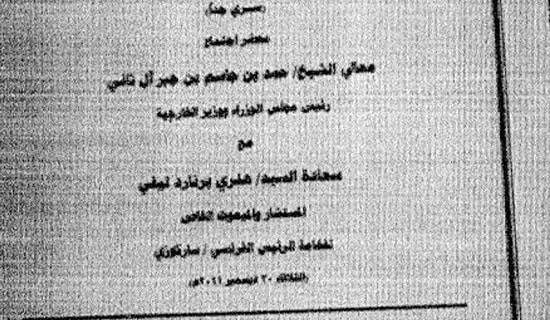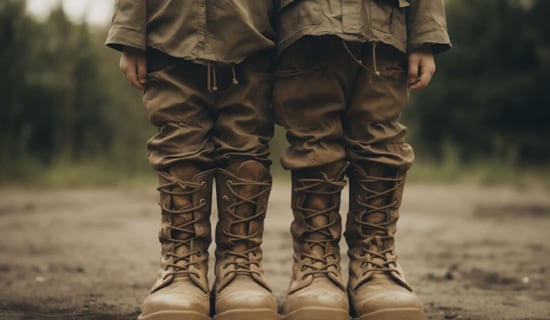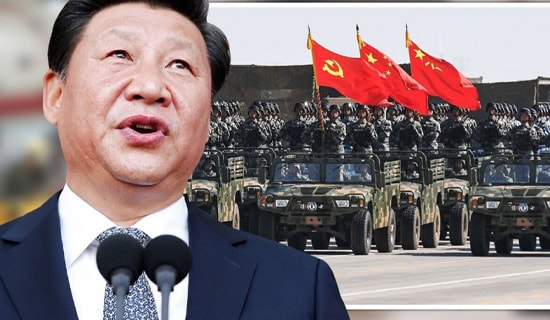Iranian President Mahmoud Ahmadinejad recently called to investigate violations of human rights which he claimed were taking place in the West. He suggested that Iran would send "representatives to prepare a report on the state of freedom of speech and writing, the state of the prisons, and the state of women and children in the European countries." [1] Following Ahmadinejad's call, Iran's judiciary officials recently announced the formation of a special unit to investigate human rights violations in Western countries.
Iranian journalist and former secretary-general of the Association of Iranian Journalists Hossein Bastani, who now lives in exile, published an article in the online daily Roozonline in which he criticized the state of human rights in Iran, based on statements and confessions by Iranian judiciary officials. [2]
The following are excerpts: [3]
"[...] Response to violations of human rights anywhere in the world, including the West, is always a correct measure... But the record of the leaders of our judiciary is such that, if they really want to investigate violations, 'charity begins at home,' as the saying goes.
"Let us for a moment assume that everything that anybody has ever said about Iran's judiciary is all lies, and that the only source that tells the truth about human rights is the officials of the Islamic Republic of Iran. That said, let us read what these officials themselves have said and think about respect for human rights in Iran.
"Let us begin with [Iran's Judiciary Head] Ayatollah [Hashemi] Shahroudi himself. According to the Fall 2001 issue of Iran's Justice Department quarterly (Majale Hogooge Dadgostari), the ayatollah writes: 'The justice situation in the country is backward and it does not compare with that of any developed [country], or even any other Third World country. There is a person who has been in temporary detention for the past 21 years, without trial. Every year, we put about 600,000 individuals into prisons, not to mention the fact that [Iran's] prisons are full [of] contamination, crime, disease, moral corruption, wickedness, etc. People, even if they are innocent, are being detained, tortured in the worst possible ways, and forced to confess. People are dying, and yet they do not even make a sound...'
SUPPORT OUR WORK

"The Iranian Student News Agency (ISNA) quoted Shahroudi last May: 'During my term in office, some detainees have received treatment that is similar to the treatment which detainees receive from the Americans in the Abu Ghraib prison [in Iraq]' [see Aftab-e Yazd, May 5, 2005].
"The ayatollah's confession about violations of human rights in Iran's judiciary was made concurrently with a report by the head of the Tehran district justice department, which confirmed the continuation of the same practices and measures [ISNA, July 23, 2005]: 'Beatings of defendants, holding defendants without trial, use of torture and solitary confinement, possibility of sexual abuse of young girls and women, inability to visit facilities of the Revolutionary Guards... which applied even to judiciary officials...'
"Other incidents cited are the holding of 1,400 detainees in one prison without deciding their fate, widespread suicide among women detainees, the 18-year imprisonment of an individual who has never been convicted, and did not even have a criminal record, the imprisonment of a 74-year-old woman (on charges of debt), the imprisonment of the spouse of an addict (because the addict had escaped), the detention of a 13-year-old boy in the worst detention center (for stealing an egg!), etc.
"In recent years, the judiciary officials have confirmed the existence of even more transparent and explicit evidence regarding prison conditions and treatment of prisoners in Iran..., but I would like to mention only the treatment that judiciary officials have given to their own supporters and people loyal to them.
"After the secret distribution of the shocking film showing the interrogation of Iranian intelligence officials and their relatives regarding the case known as the 'serial killings' [of Iranian intellectuals], Mohammad Niazi, who was the chief of the judiciary of the armed forces and who oversaw the trials of the serial killers, said: 'Even the interrogators who saw this film were sorry for the mistake they had made [see press reports from July 20, 2002].' This mistake was so terrible that former intelligence minister Ali Younesi also called these acts 'horrendous tortures.' He added: 'Instead of trying to uncover the facts, the interrogators used barbaric torture on individuals who had nothing to do with the actual crimes, and thus derailed the whole process.'
"According to scenes in the film, the terrible tortures of the detainees in the 'serial killings' affair even included a case in which the wife of a detainee was given hundreds of lashes in order to force them to confess that they were secret agents of the CIA and the Mossad, and that they suffer from an unusual variety of sexual perversions while giving graphic and humiliating details.
"Confessions of human rights violations by Iranian judiciary officials are not limited to the treatment of defendants. There were also cases of violating the human rights of crime victims who had hoped that the judiciary would uphold their rights. There was the well-known case which was referred to as the 'worst case of kidnapping, rape, and murder' since the 1979 revolution. This case involved the kidnapping and rape of 25 children in Pakdasht in the south of Tehran, only three of whom survived the ordeal. The spokesman of the judiciary was forced to admit that judiciary officials in Pakdasht had not performed their duties in this case - a reference to the fact that after the criminals were arrested and confessed to 50 cases of rape, the judiciary officials readily released them on bail, while the children who had succeeded in escaping from the hands of the criminals remained in prison!
"Investigating violations of human rights in Europe and in the U.S. is a welcome step, but are the officials of Iran's justice system, who do such a job of protecting the civil rights of Iranians, performing their duties so well that they are entitled to investigate other countries?"
[1] See Ahmadinejad's recent statements in MEMRI Special Report No. 39, "Iranian Leaders: Statements and Positions (Part I)," January 5, 2006: Iranian Leaders: Statements and Positions (Part I) .
[2] On Bastani, see MEMRI Inquiry and Analysis No. 103, July 17, 2002, "Iranian Reformists and Judiciary Skirmish over Press Ban on Iran-U.S. Dialogue": Iranian Reformists and Judiciary Skirmish Over Press Ban on Iran-U.S. Dialogue.
[3] http://www.roozonline.com/02article/013632.shtml (Persian).




